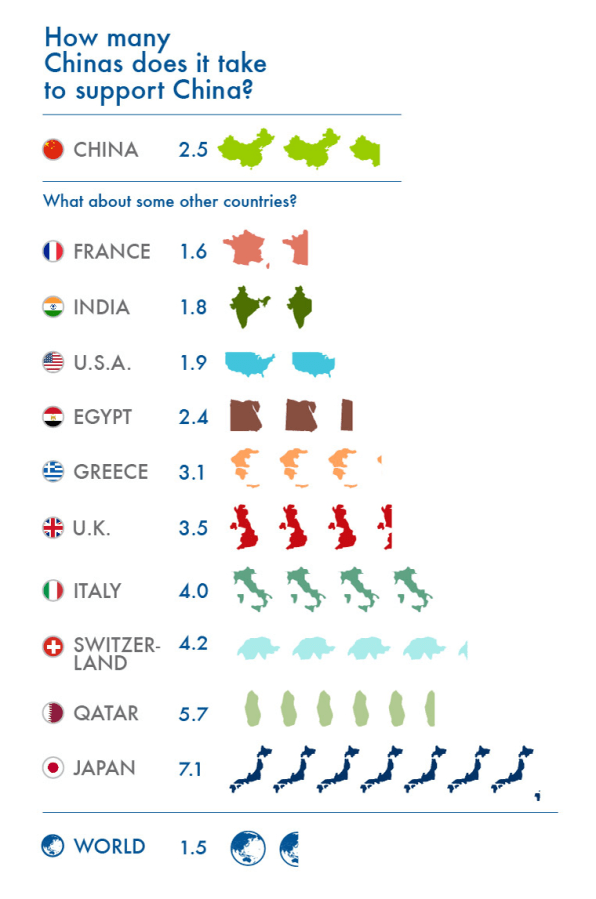Rab said:
VAMatt said:
Progress has been true forever, not for a short time.
Antibiotics....well, there is certainly some risk there, but that's all it is - risk. There is no certainty that were fucked, or even close to it.
Crops - I don't even know what you're talking about. Crop yields, resistance to drought, resistance to pests, and just about everything else having to do with the food supply is moving in a positive direction.
Bees - there simply isn't a problem. Bee populations are experiencing massive growth. There was an 18 month scare, which appears to have been significantly overblown.
|
You thinking by countering a few examples as if that's the whole picture is sadly misdirected logic, it's a far bigger picture than that, you will need to do some serious research if your really looking for some truth in this complex matter
Many major crops have progressed in areas of resistance to disease due to the injection of wild genes from natural stock, look it up, also due to the fact your unaware of this may mean you don't really have a full grasp of how interconnected we are to our ecological biodiversity, I would suggest you look into it seriously instead of countering small points
Please don't think any improvement over a small time frame will always last (even a 1000 yrs is a short time), it's a common historical mistake which we should learn from
|
VAMatt said:
I'm not sure what to say to this. You are pointing to evidence of progress - an example of humans taking steps to improve our lives and further our survival - and saying it is an example of problem. It's basically like saying the fact that lifespans are increasing is a sign that humans are about to go extinct.
|
The manner in which we are able to make crop yields so much higher is mostly unnatural. The mining needed for fertilizers can only go on so long, and when it runs out the barren soil won't grow squat.
Bees were being killed at alarming rates due to some chemicals used for crops to help attain those high yields. Those spray's have been taken off the market and new more enviro friendly one's are being used in their place, with worse results even at higher costs.
The problem with progress, is that it's far from universally agree'd upon, in it's many minute details, and that is because one man's trash is another man's treasure. Another problem, is that while animal species tend to grow and shrink, human's aren't locked into that natural balancing cycle. On one hand you can say that's proof we're 'growing' too fast, but on the other hand, as far as we know, nothing on this planet has ever come close to what we're able to do, so does that mean we can pretty much do whatever we want within reason?
The universe tends to be a balancing act, so how far can humanity push things is a question we don't yet know the answer to. Can we completely change Earth, terraform Mars, and get away with it, or are we stuck here with the way things are for as long as we can survive the natural changes? We likely can't survive staying locked to Earth forever, so that may mean eventually leaving it behind once we've stripped it bare and moved on to other planets. Should we? It's almost impossible to know the answer until it's been attempted. The bright side of that, is if it's attempted, and fails, the eventual outcome of extinction doesn't change, other than the accelerated timeline perhaps.
That being said, our progress definitely needs to be watched carefully and analyzed, because ruining Earth before we can get off her basically defeats the purpose of said progress. One step at a time is better, safer, and a much stronger momentum driver than two steps forward and one step back.























































